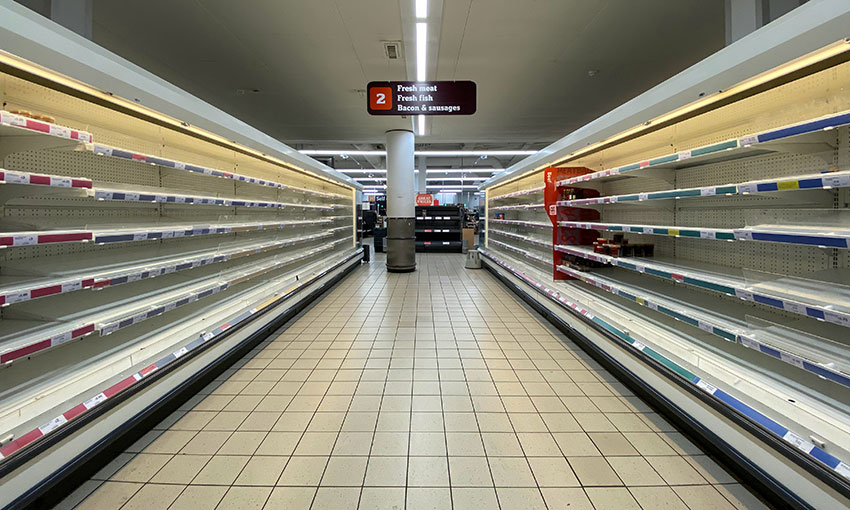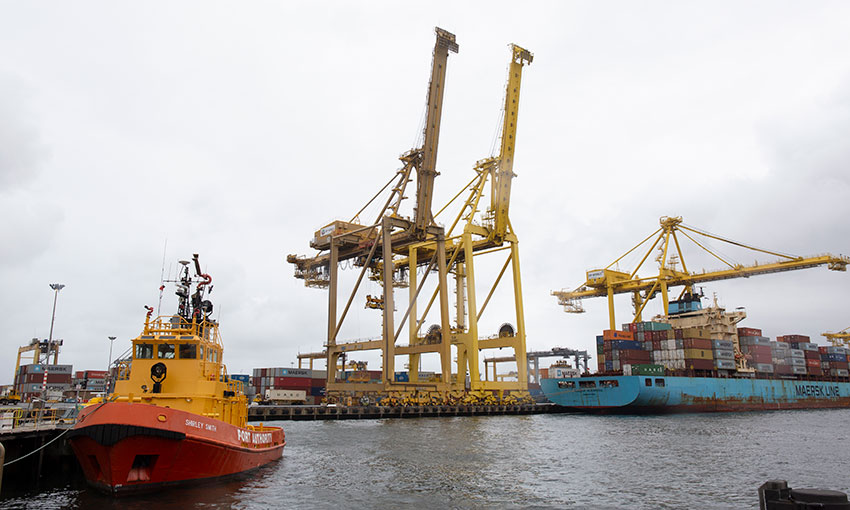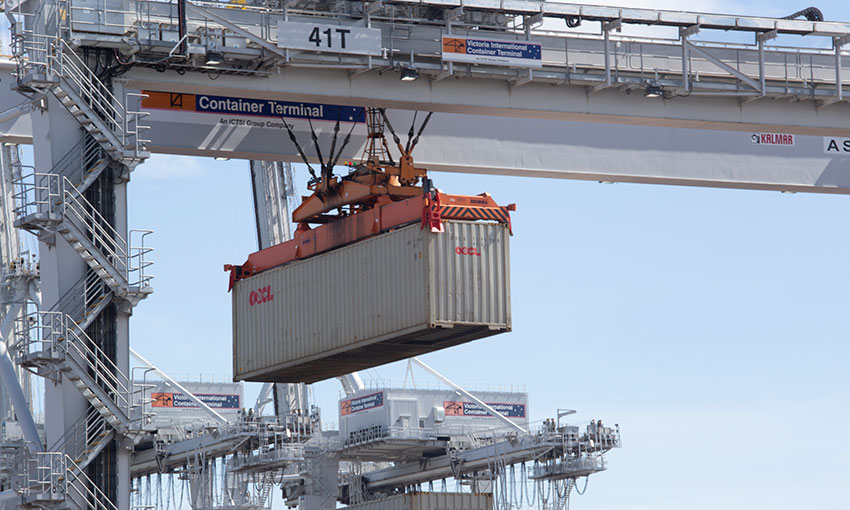PORTS Australia is urging governments to safeguard the supply chain by planning ahead and implementing contingency plans instead of waiting for inevitable COVID-19 outbreaks to occur.
The organisation highlighted the urgency of planning before Australia begins living with the virus, as outbreaks spreading through communities and into supply chain networks will be unavoidable.
“As the rapid increase in vaccination rates across the country inspire state premiers to tout their intentions of lifting lockdowns once certain thresholds are met, we need health departments around Australia to do the planning with the industry now,” Ports Australia said in a statement.
“While it may only be a small number of premiers declaring plans to reopen their states to begin with, this approach will undoubtedly be adopted in all jurisdictions across Australia in the coming months, meaning we need leadership from the federal government to avoid inconsistency and confusion.”
Ports Australia said it is not currently aware of any contingency plans being co-ordinated by government authorities for when outbreaks inevitably occur at key supply-chain points such as ports and intermodal terminals.
Ports Australia CEO Mike Gallacher told DCN unless the government engages with the supply chain and considers the impact future restrictions will have on the workforce, the supply chain may break.
“If the supply chain breaks, community confidence goes out the window because shops will be empty,” he said.
“Business confidence will absolutely plummet because the supplies they are hoping will continue once their doors are opened simply may not appear.
“If the supply chain does not have enough workforce to deal with contingency around restrictions caused by health orders, we might not be able to keep supply chains open.”
Ports Australia said whether or not workers are vaccinated, there must be plans for when outbreaks spread through workforces along the supply chain, be it port staff, truckies, rail operators, or anyone in between.
Small pockets of those workforces being stood down is the best-case scenario, but still far from ideal; however, the time may come where an entire port’s operational labour force is struck.
Mr Gallacher said it is not always easy to replace critical personnel in the supply chain should they fall sick, and there need to be protocols in place for if a worker is infected and if areas of the supply chain are closed following exposure to a COVID-19 case.
“If … a COVID infection is identified and the place needs to be closed and immediately cleaned, what will that mean for the supply chain given the criticality of the personnel, starting with our pilots and working right through to the people at the end of the supply chain packing shelves around the country?”
Ports Australia said there is no way a critical piece of infrastructure such as a capital city container port can be shut down without causing mass panic when supermarket shelves go unstocked, or without compromising the already fragile integrity of the economy.
Equally, the impact on the economy will be devastating if any number of Australia’s major resource exporting ports are closed for a period of time.
“The planning must be done now by health departments in consultation with industry to ensure we never reach a situation where critical supply chain assets are endangered on a scale we have never been made to comprehend,” Ports Australia’s statement said.
Ports Australia is urging authorities begin facilitating desktop exercises whereby industry and government can collaborate through real scenarios of workforce virus outbreaks and the like, ironing out the approach and management of situations which could become a reality in coming months.
They said this initiative can be driven by the federal government and executed by government departments across individual jurisdictions.
Once such planning has been completed, industry members will need clear direction from their relevant health and safety authorities as to the protocols in place to protect their workers and maintain the flow of trade.
Mr Gallacher emphasised the devastation such situations could cause and what industry needs from government.
“The fragility of our economy and the looming threat of a recession will be crystallised like never before if we see unprecedented shutdowns along the supply chain,” he said.
“We, the supply chain, know our job and we’ve got Australia’s back, but we need the assurance from government they have a firm understanding of how we operate which is reflected through their planning to protect our people and operations.
“We’ve seen moments of public hysteria throughout the pandemic, like when toilet paper went flying off supermarket shelves at unprecedented rates, and that was when the supply chain was strong- functioning.
“We cannot afford to have this poorly planned … we appreciate government authorities are overwhelmed right now but that will be taken to a whole new level when panic ensues once again.”





